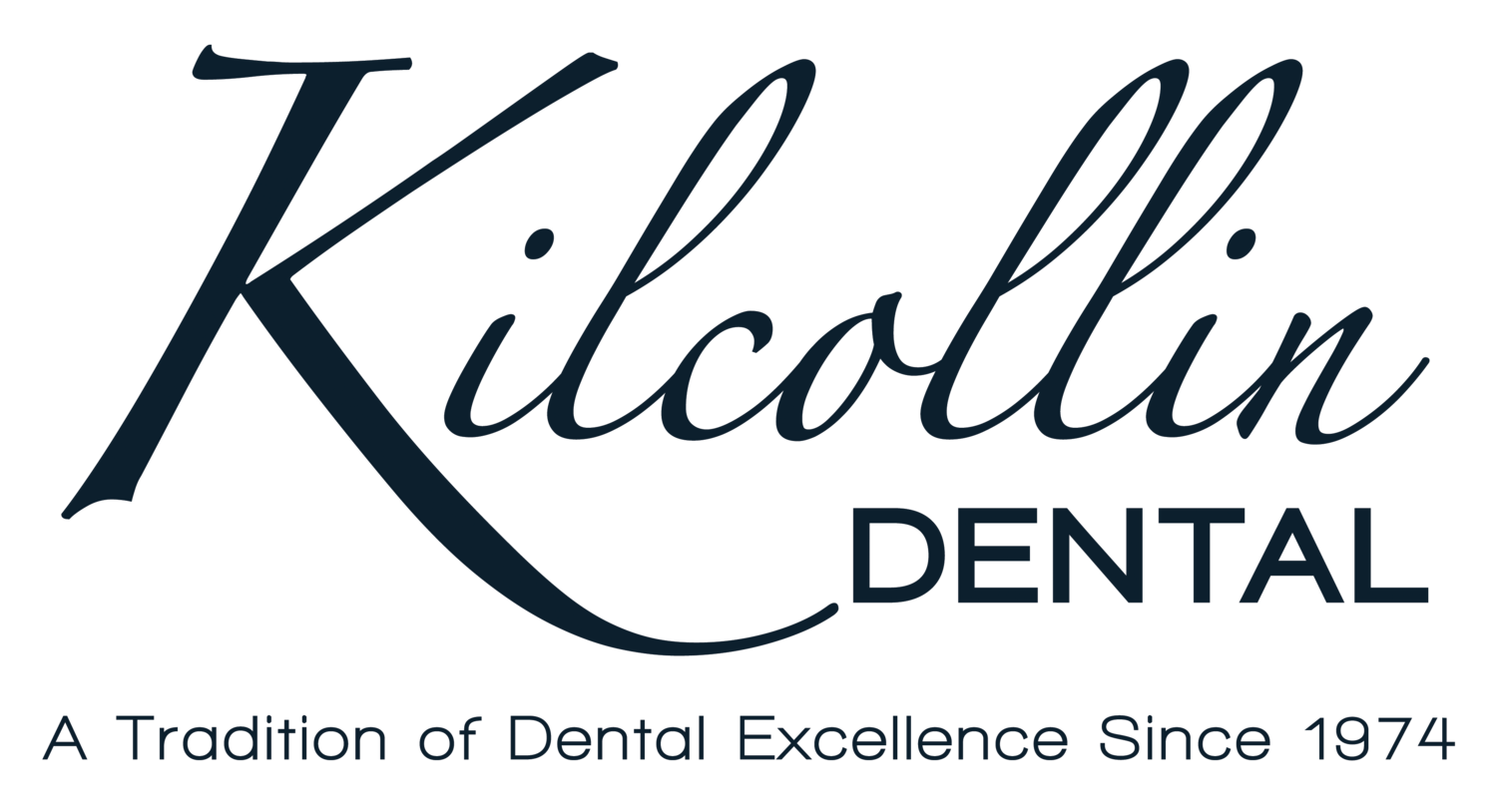Preventative Services
Teeth Cleaning and Exam (Adult and Children)
Basics: A cleaning is routinely performed every 6 months (though at times they are required more frequently.) A cleaning removes plaque, calculus/tarter, and staining from tooth surfaces above the gum and slightly below the gum. Routine cleanings are important to maintain proper periodontal (gum) health and will aid in keeping fresh breath. Plaque is a sticky film that covers the teeth and contains bacteria. Calculus is hardened plaque that develops on the tooth surfaces that requires professional cleaning to remove safely and effectively; calculus/tarter feels like a crusty blanket on the teeth. If not removed, calculus and plaque will cause detrimental effects to the gums and bone that support the teeth. Staining develops on all teeth from normal every day eating and drinking and can reduce the tooth’s natural white vibrance.
A dentist will perform a comprehensive exam that will diagnose cavities, periodontal (gum) disease, occlusal (bite/TMJ) disease, oral cancer and cosmetic concerns.
How to Prepare: A cleaning is pretty straight forward, not much preparation is required. If you have sensitive teeth, try using a sensitivity toothpaste for 2 weeks prior to your cleaning; our hygienists are also trained to minimize any discomfort sensitive teeth may cause during this procedure. We also have water warmers installed on our dental units – no one likes cold water on their teeth!
Scaling and Root Planing/Periodontal (Gum) Therapy
Basics: Periodontal disease is a gum infection that damages the gums as well the bones that support the teeth. Periodontal disease can cause teeth to loosen and can lead to tooth loss due to it’s effect on the underlying gums and bones and is usually marked by an odor that cannot be improved with brushing and rinsing as well as swollen, easy-to-bleed gums. Treatment involves thoroughly removing the calculus/tarter from the teeth and root surfaces. Gum (periodontal pocket) measurements are taken routinely to evaluate periodontal/gum health of all teeth. When measurements indicate deeper pockets this is a sign that bacteria and calculus are hidden deep below your gums and special attention is needed to correct the problem. Contributing factors to periodontal disease include: family history, smoking/smokeless tobacco use, diabetes, certain diseases, and lack of proper home care and infrequent professional care.
Scaling and root planing (sometimes called “deep cleaning”) is a procedure to remove plaque and calculus hidden deep under the gums on tooth surfaces and is usually the first step to periodontal therapy. Removing calculus and debris from the root surfaces will allow the gums to reattach in a natural healthy manner and helps to stop the progression of gum disease. We also work closely with selected Periodontists when extensive work and treatment is needed and indicated.
Along with scaling and root planing, localized antibiotic therapy can be utilized. Rather than systemic antibiotics (typical pill form) localized antibiotics are placed directly in the periodontal pocket as an adjunct to gum therapy.
How to Prepare: Initially, periodontal therapy starts with scaling and root planing; local anesthesia will be utilized to numb the teeth and gums to ensure that you will be comfortable during the procedure as the calculus deposits are completely removed from the tooth and deep below the gums. Before anesthesia, we use a specially compounded topical gel to numb the tissue so that the local anesthesia is much more comfortable. (Needs attention)
What to Expect: A periodontal (gum) therapy appointment will take more time than a typical cleaning. Two appointments are generally used to complete the entire mouth – either upper and lower, or right and left. If you have already had scaling and root planing and have a history of periodontal disease, more frequent cleanings (3 or 4 months rather than 6 months) will be prescribed, this is called periodontal maintenance. Periodontal maintenance appointments are generally similar to a routine cleaning with an increased focus on measuring the success of prior periodontal therapy.
After the Procedure: We will reappoint you to track the successful progression of your gum health.
Digital X-rays and Intra-Oral Camera
Basics: Digital radiography reduces radiation exposure by more than 80% when compared to conventional processing film. Also, digital films remove the need for chemical processing equipment and solutions that are environmentally unfriendly. Intra-oral cameras are a wonderful technology that enables us to show you exactly what we see in your mouth. We routinely take intra-oral images to share with you.
Make An Appointment
Looking to make an appointment with Kilcollin Dental? Use our handy form to the right to contact one of our specialists and we will be back in touch shortly to set it up for you.
